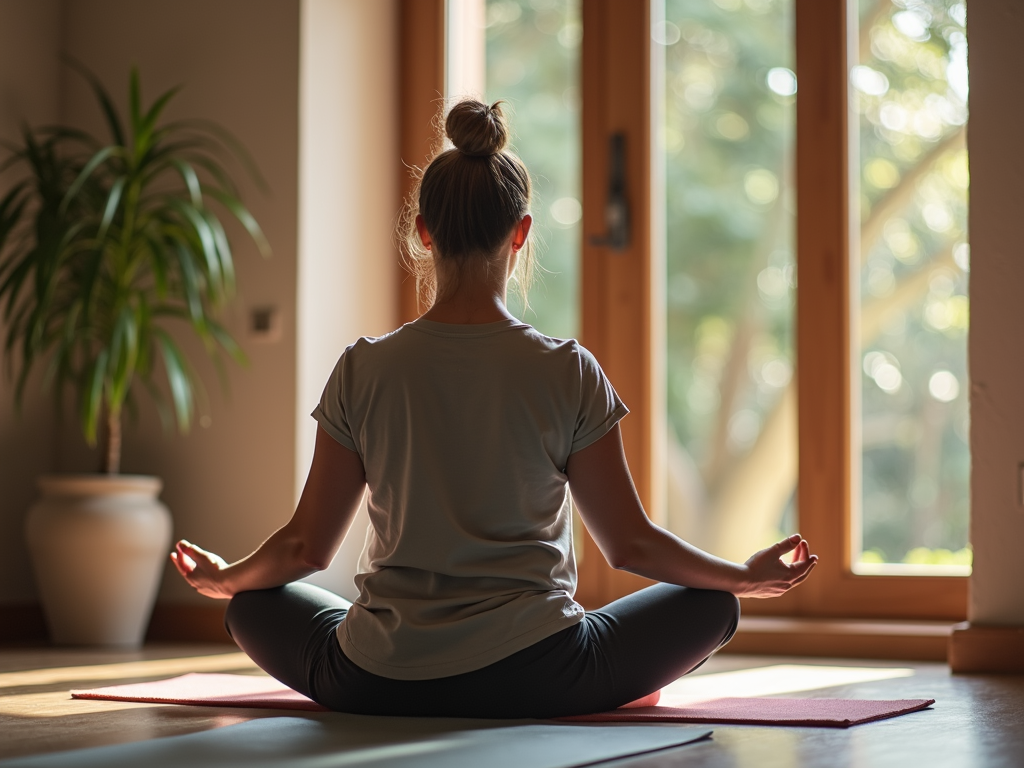Self-Care Strategies for Volunteers: Nurturing Your Well-Being While Making a Difference
By , May 13, 2025
Volunteering is a deeply rewarding experience that allows individuals to give back to their communities, support causes they care about, and make a tangible difference in the world. However, the demands of volunteer work—especially in advocacy roles—can sometimes take a toll on one’s physical, emotional, and mental health. This article explores practical and effective self-care strategies for volunteers to help them stay healthy, motivated, and resilient while continuing their important work.
Understanding the Importance of Self-Care for Volunteers
Volunteers are often driven by passion and a desire to help others, but this dedication can sometimes lead to neglecting their own needs. Self-care is not just a luxury; it’s a necessity for maintaining the energy and enthusiasm required for effective volunteer work. Without proper self-care, volunteers may experience burnout, fatigue, and even resentment, which can diminish their impact and personal satisfaction.
Research from the American Psychological Association highlights that chronic stress and burnout are common among those in helping professions, including volunteers. By prioritizing self-care, volunteers can protect their well-being and sustain their commitment to advocacy and service over the long term.

Physical Self-Care Strategies
Physical health is the foundation of overall well-being, and it’s especially important for volunteers who may engage in physically demanding tasks or long hours of service.
- Regular Exercise: Incorporate physical activity into your routine, whether it’s a daily walk, yoga, or a workout session. Exercise boosts energy levels and reduces stress.
- Proper Nutrition: Fuel your body with balanced meals and stay hydrated. Avoid skipping meals, especially during busy volunteer days.
- Adequate Sleep: Aim for 7-8 hours of sleep each night to recharge your body and mind.
I remember a time when I volunteered at a local food bank, spending hours sorting and packing donations. By the end of the day, I was exhausted. It was only when I started prioritizing my physical health—taking short breaks, staying hydrated, and getting enough rest—that I could sustain my efforts without feeling drained.
Emotional and Mental Self-Care Strategies
Volunteer work, particularly in advocacy, can be emotionally taxing. Dealing with challenging situations or witnessing the struggles of others can lead to compassion fatigue.
- Set Boundaries: Learn to say no when necessary and avoid overcommitting. It’s okay to take a step back if you’re feeling overwhelmed.
- Practice Mindfulness: Techniques like meditation or deep breathing can help manage stress and stay grounded.
- Seek Support: Connect with fellow volunteers or a mentor to share experiences and feelings. Sometimes, talking it out can make a big difference.
According to the National Alliance on Mental Illness, emotional self-care is crucial for preventing burnout. They recommend regular check-ins with oneself and seeking professional help if needed.

Balancing Volunteer Work with Personal Life
Finding a balance between volunteer commitments and personal life is key to long-term sustainability.
- Time Management: Use tools like calendars or to-do lists to organize your schedule and ensure you’re not overextending yourself.
- Take Breaks: Schedule regular time off from volunteering to rest and recharge.
- Pursue Personal Interests: Engage in hobbies or activities that bring you joy and relaxation outside of volunteer work.
I’ve found that setting clear boundaries—like dedicating specific days to volunteering and others to personal time—helps maintain a healthy balance. It’s important to remember that taking care of yourself allows you to be a more effective volunteer.
Training and Resources for Volunteers
Proper training can equip volunteers with the skills needed to handle the challenges of advocacy work while also emphasizing the importance of self-care.
- Volunteer Training Programs: Many organizations offer training that includes self-care strategies as part of the curriculum. For example, the VolunteerMatch Learning Center provides resources on managing stress and avoiding burnout.
- Workshops and Webinars: Participate in sessions focused on self-care, mental health, and resilience.
- Peer Support Groups: Join groups where volunteers can share tips and support each other in practicing self-care.
Investing time in volunteer training for advocacy work not only enhances your effectiveness but also reinforces the importance of looking after your own well-being.

Summary
Self-care is not a selfish act; it’s a vital practice that enables volunteers to continue their valuable work without sacrificing their health and happiness. By incorporating physical, emotional, and mental self-care strategies, and by balancing volunteer commitments with personal life, volunteers can sustain their passion and make a lasting impact. Remember, taking care of yourself is the first step in effectively caring for others.
If you’re a volunteer, we encourage you to share your own self-care tips or experiences in the comments below. Your insights could inspire and support fellow volunteers on their journey.